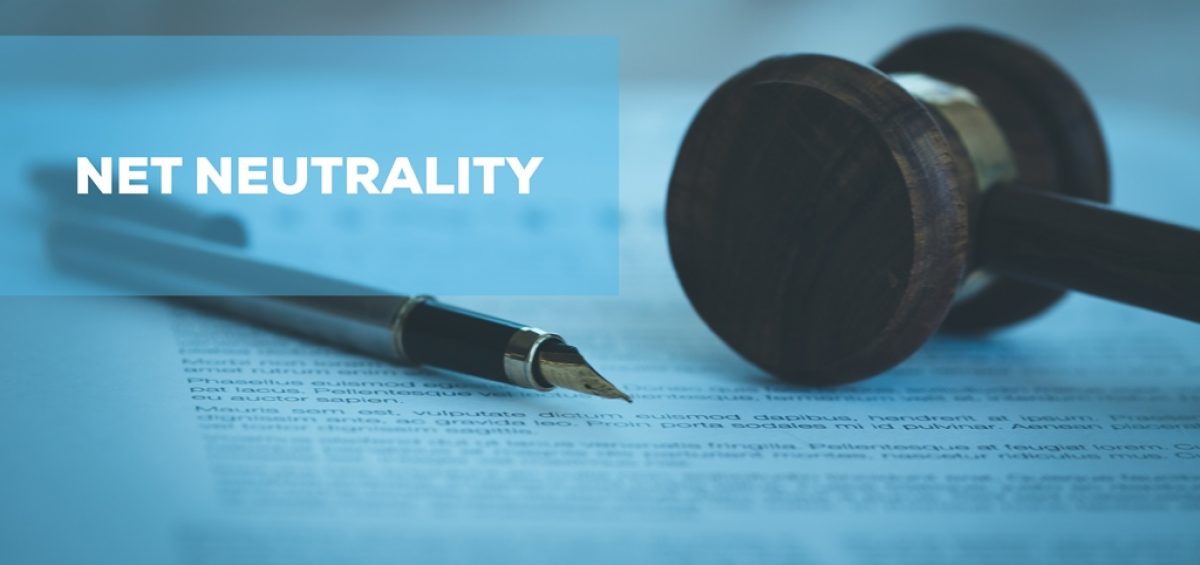This post was written by Judith L. Harris, James M. Duchesne, and Joseph I. Rosenbaum.
It’s Election Night 2010 in Maryland, where a high-profile gubernatorial race is coming to a close. The telephone rings once again, but this time, the message is not “go out and vote before the polls close.” Instead, a recorded message tells the voter, “Relax. Everything is fine. The only thing left is to watch [election results] on TV tonight.” The automated call with a recorded message (a “robocall“) ends with no indication as to who made it or where it came from. This was what actually happened to more than 112,000 African-American voters in Maryland on November 2, 2010. While these “robocalls” may have violated Maryland election laws (criminal charges were recently issued), they may also have violated the TCPA – the Telephone Consumer Protection Act of 1991 (47 U.S.C. 227).
The TCPA amended the Communications Act of 1934 and is the primary law regulating telemarketing in the United States. Subsection (d) of the TCPA, entitled “Technical and procedural standards,” requires the Federal Communications Commission to create minimum technical and procedural standards for making calls using an artificial or prerecorded voice system (a “robocall”) and makes it a violation of the law if an individual ignores those standards. As part of those minimum standards, one must, at the beginning of the robocall, clearly disclose the identity of whoever initiated the call and at some point during the call, disclose the telephone number or address of that business, individual or entity.
The TCPA allows each state attorney general to enforce the law in federal court, and Maryland brought an action against the company that initiated the offending calls, as well as one of its owners, and one of its employees, claiming they violated the TCPA’s disclosure requirements in an effort to confuse voters and suppress voter turnout (Maryland v. Universal Elections). In response, Universal filed a motion to dismiss the suit, and just a few weeks ago (May 25, 2011), in its opinion dismissing that motion and allowing the suit to proceed, the U.S. District Court for the District of Maryland made some noteworthy observations regarding TCPA liability:
Purpose Doesn’t Matter. The defendants claimed that making “political robocalls” exempted them from the requirements of the TCPA. Nope. While the FCC may have exempted political robocalls from the requirement of obtaining prior consent, neither Congress nor the FCC exempted political robocalls from the minimum disclosure standards of the TCPA – the plain language of the rule states: “all artificial or prerecorded telephone messages.” Any robocall, for any purpose – commercial, political, or charitable – must contain a disclosure regarding who initiated the call and where that entity or individual can be contacted.
Individuals Can Be Liable. The plain language of the statute, cited in the court’s opinion, states: “It shall be unlawful for any person . . .” to violate the robocall disclosure requirement. Whether an owner of the company or an employee acting on behalf of the company, the court noted several instances in which individuals acting on behalf of corporations could be held personally liable for violating the TCPA (e.g., if they, “had direct, personal participation in or personally authorized the conduct found to have violated the statute”). The owner and employee here could be found liable not because they worked for Universal Elections, but because they were directly involved in initiating the calls that may have violated the TCPA. In other words, if an individual causes a corporation to act in a way that violates the TCPA, that individual can be found liable for the corporate action. Corporate, political campaign and nonprofit decision makers should be aware of this personal liability when they plan their calling campaigns.
One Who Initiates the Call, Not Just Makes It, Can Be Liable. In its motion, Universal argued that because it did not physically make the robocalls, it was not subject to the procedural disclosure standards of the TCPA. It hired a third party to place the robocalls and only recorded the message and uploaded it, and the 112,000 telephone numbers to be called, into the vendor’s system. Guess what the court said? “As the persons and entity responsible for recording the message, the defendants,” and not the conduit that distributed the message, “were in a position to ensure that the content of the message complied with the TCPA.”
If you are making pre-recorded calls, compliance is cheaper than the risk of damages. Maryland is seeking not just to enjoin the defendants from ever violating the TCPA again, but is also seeking monetary damages of $500 per TCPA violation (i.e., each call); and since the state alleges the violations were made willfully and knowingly, it claims the defendants were trying to deceive voters by failing to disclose who made the call, and is also asking the court to triple the damages and require the defendants pay the state’s attorneys’ fees.
A special thank you to James M. Duchesne, a legal intern at Rimon and one of the primary authors of this post. His contribution is greatly appreciated. If you need legal advice and representation on issues related to telemarketing, look no farther than Judith L. Harris and her team, working with our Advertising Technology & Media law practice group. Experienced. Knowledgeable. Seamless. Responsive. Cost Effective. We are happy to help.







